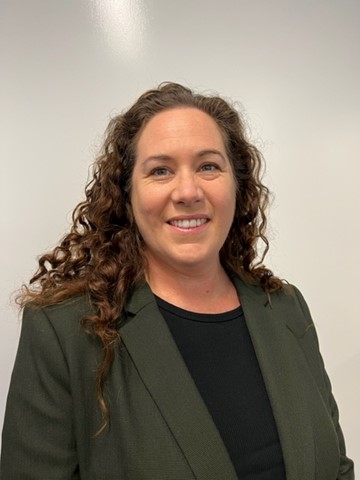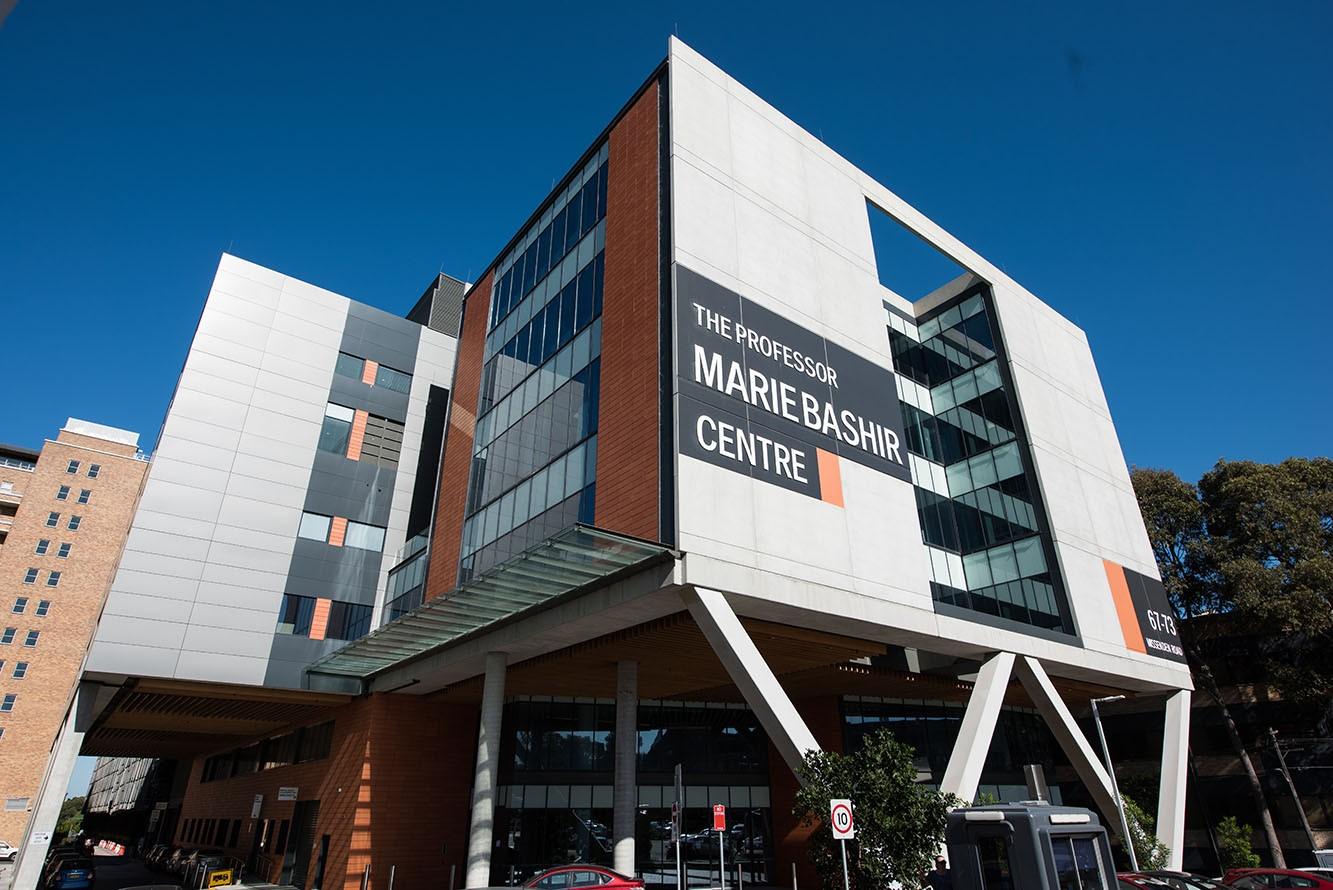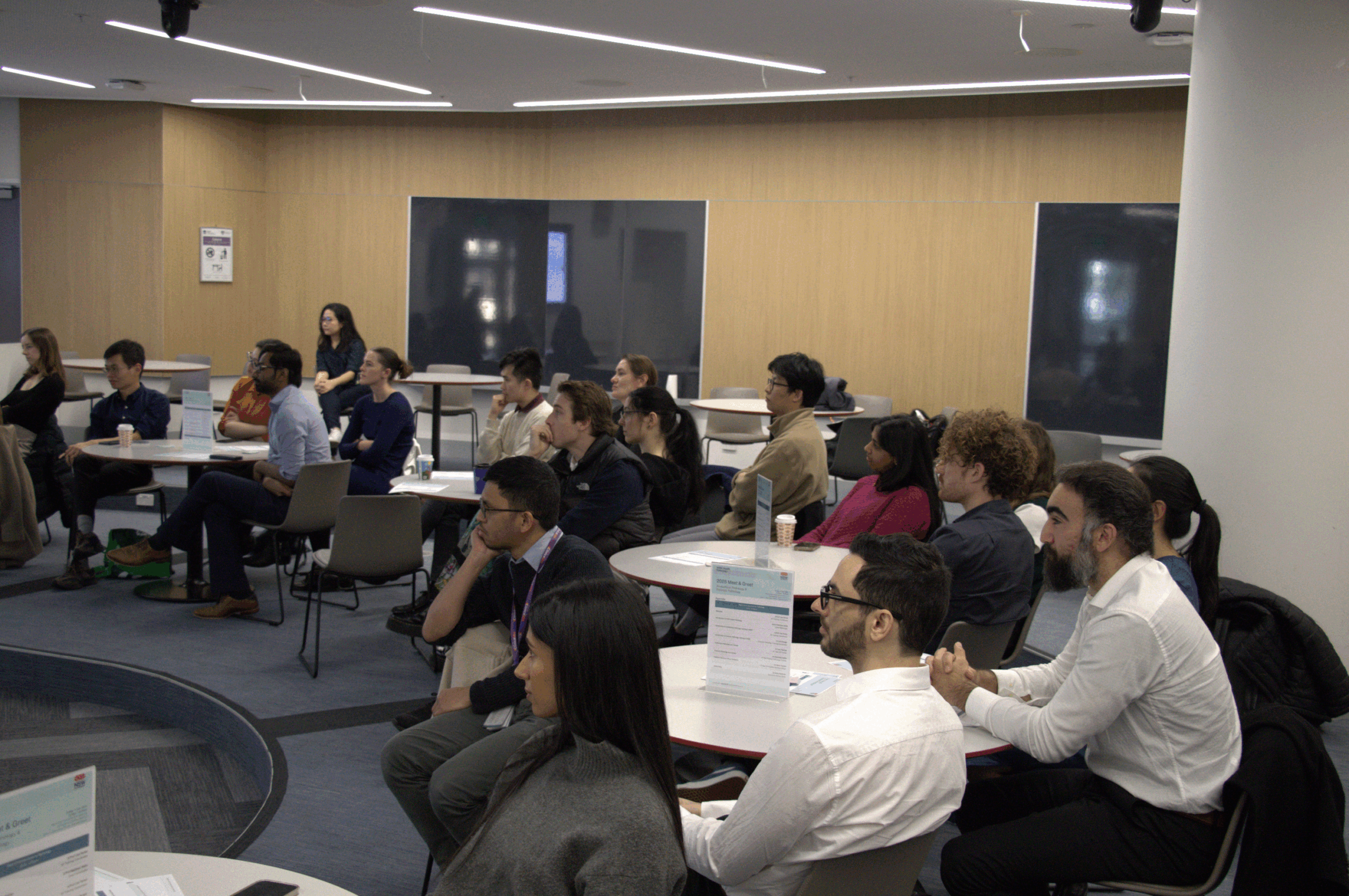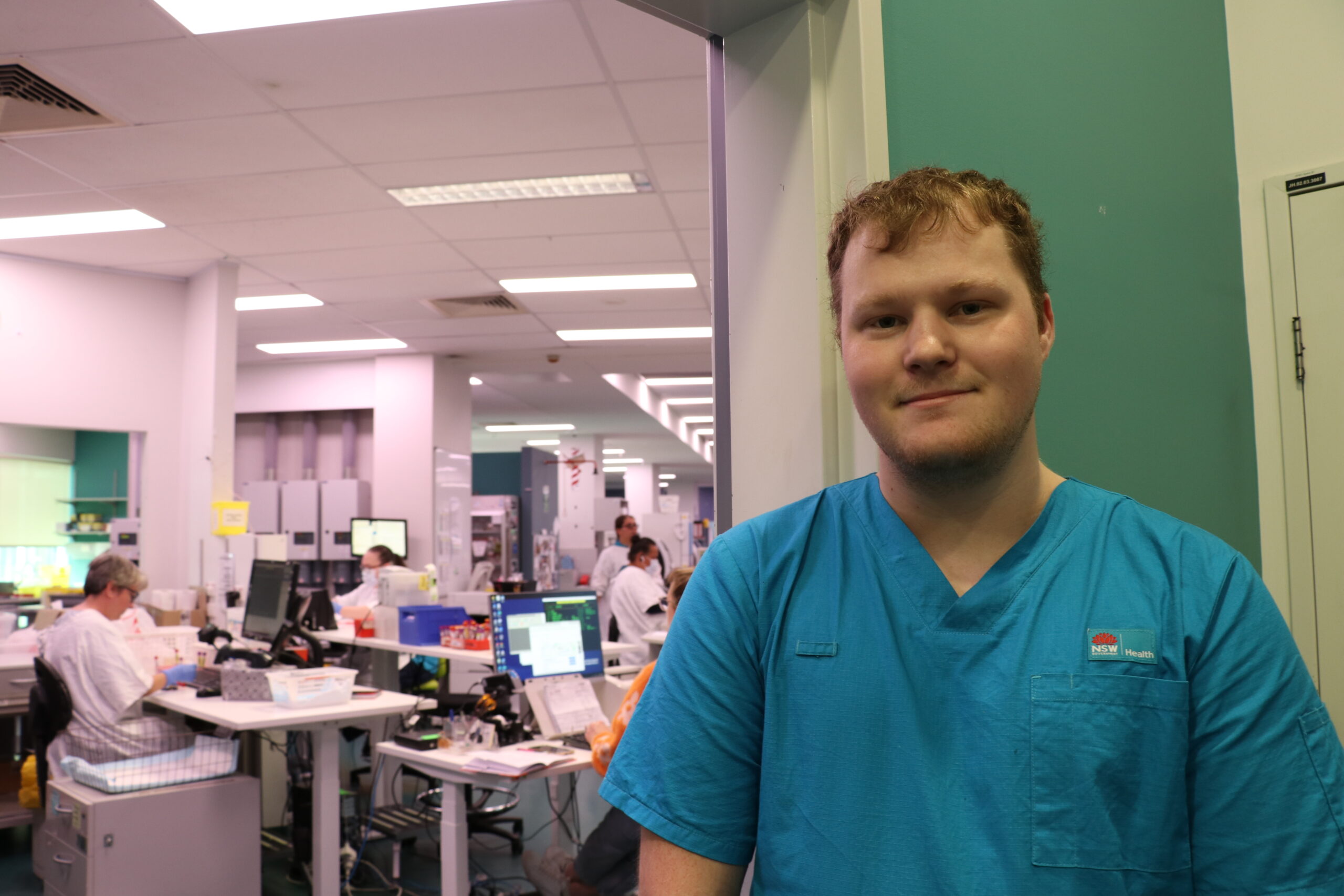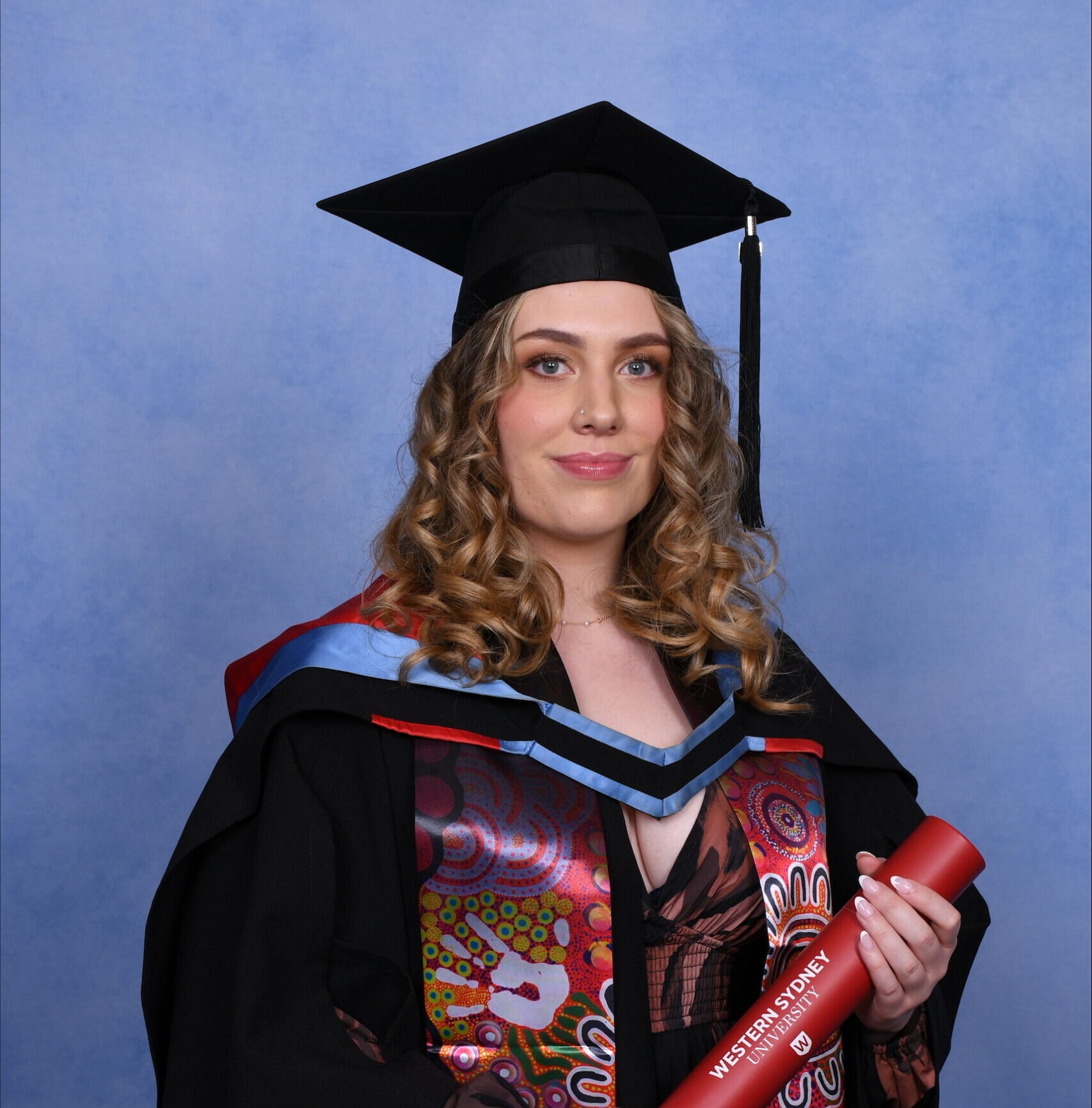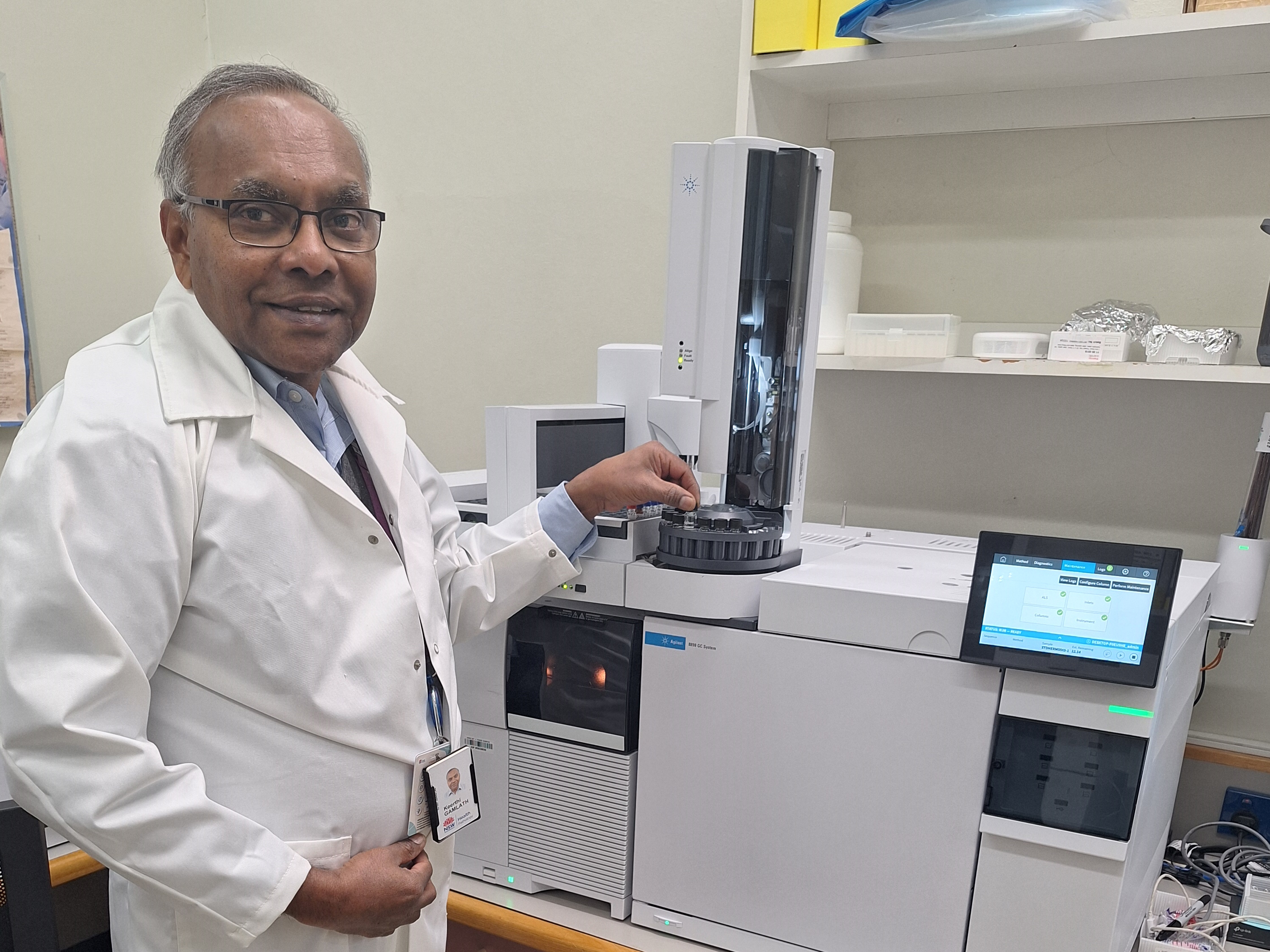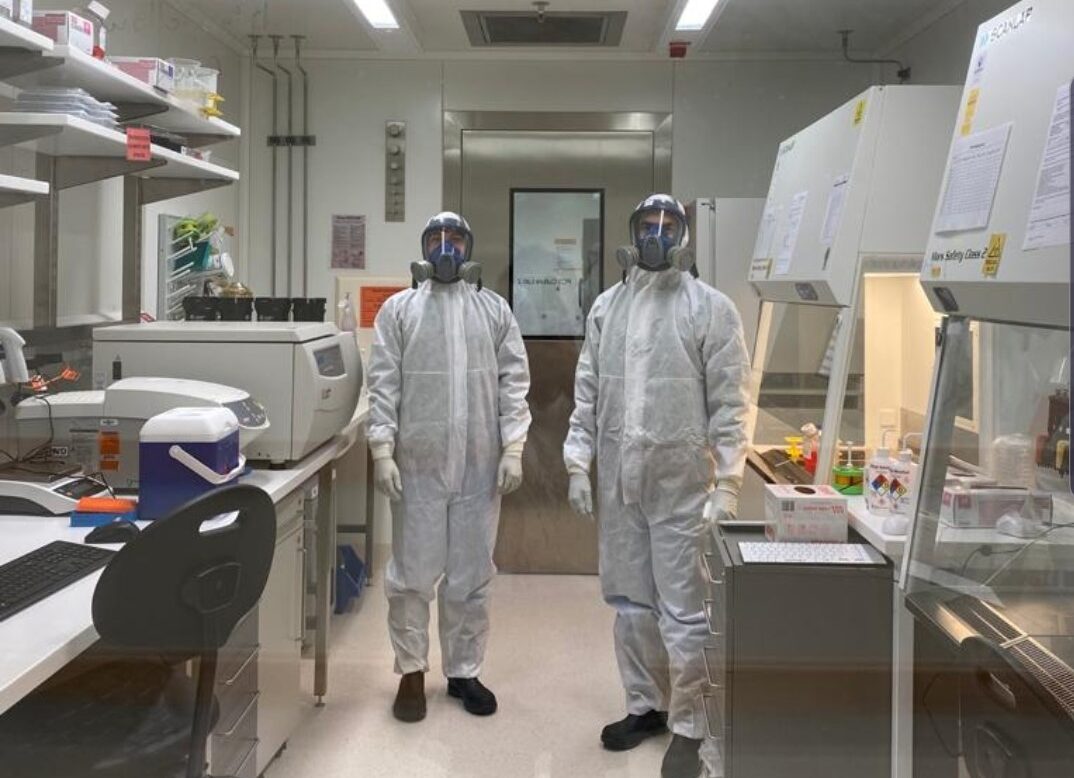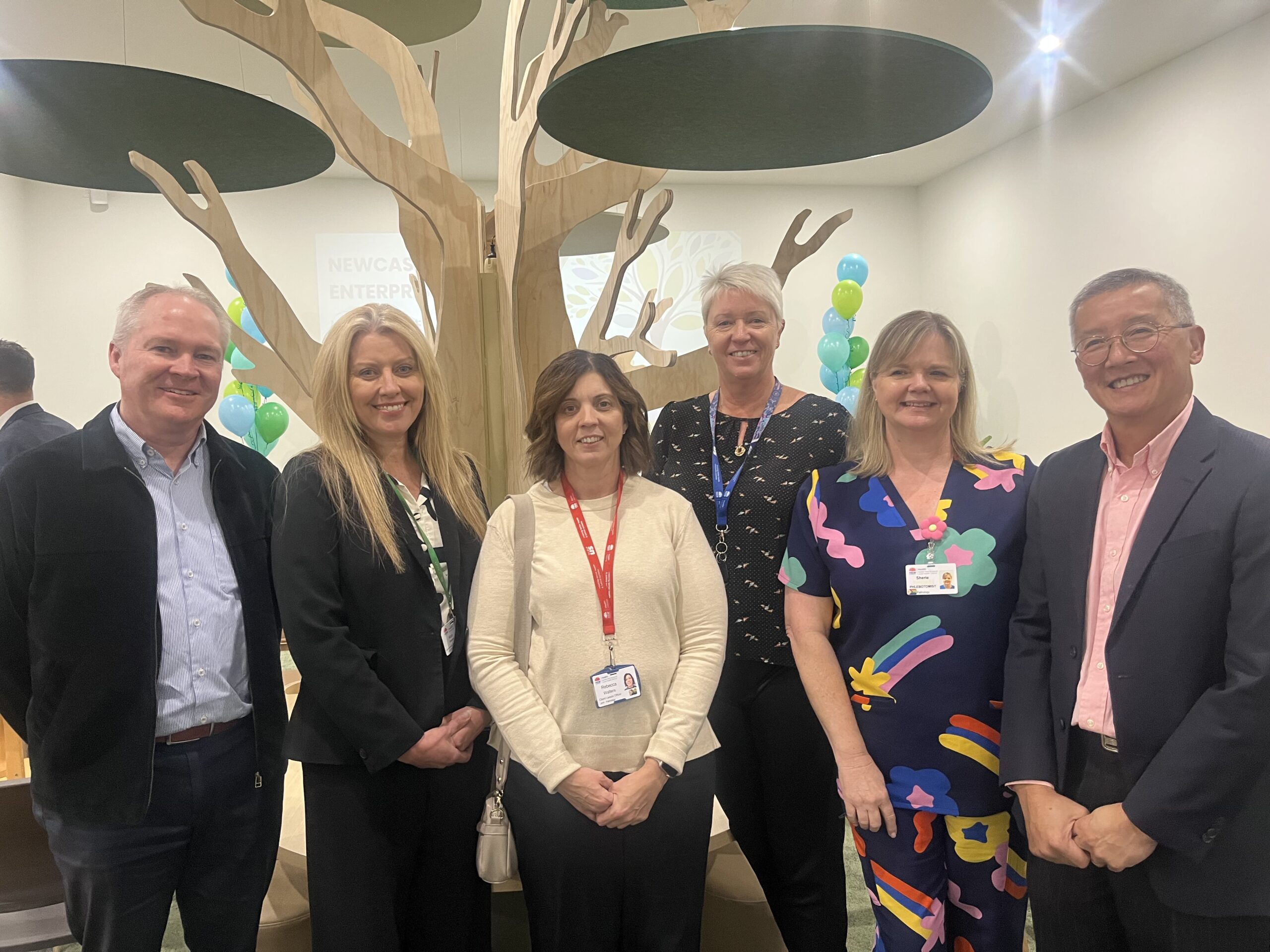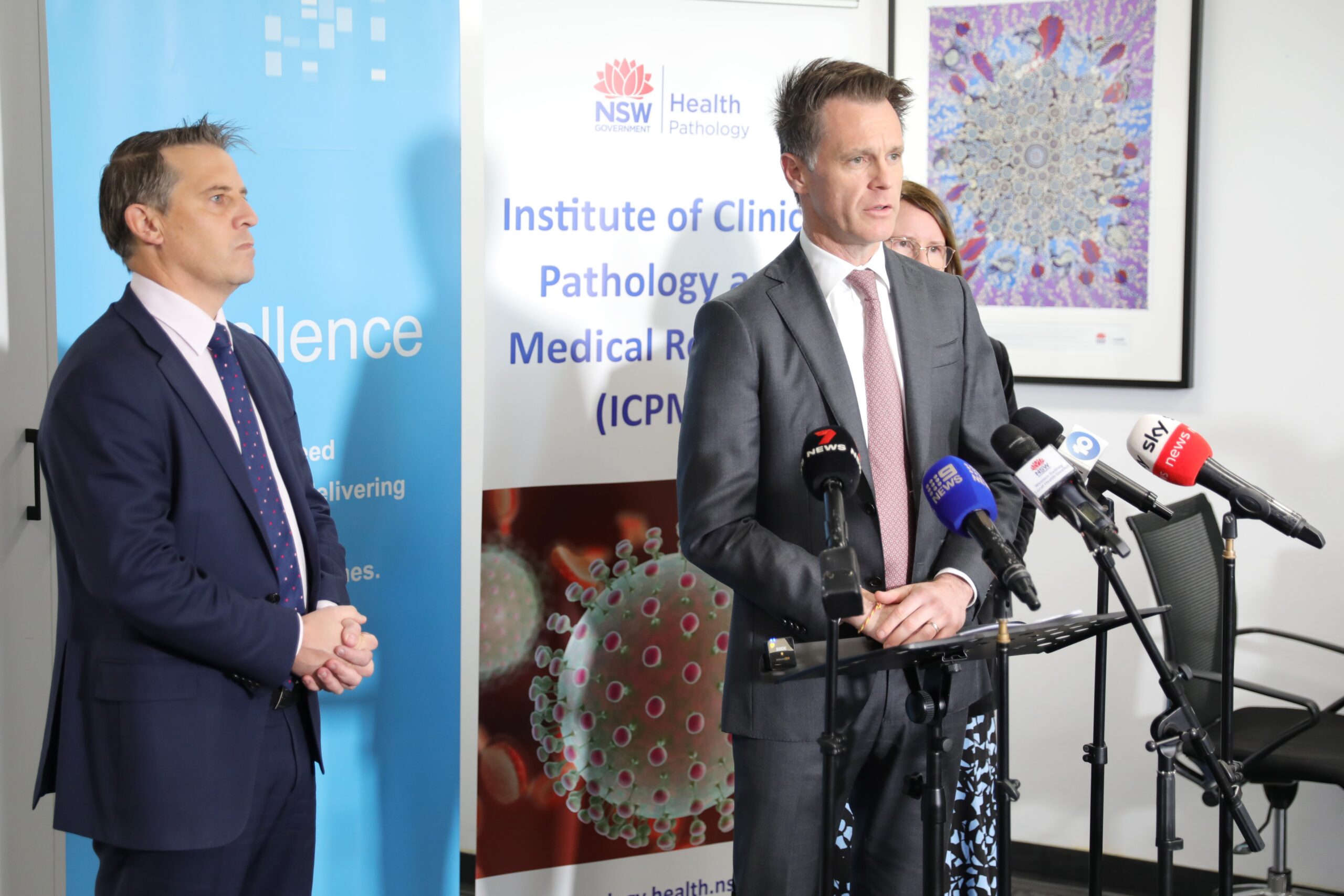Media Contact
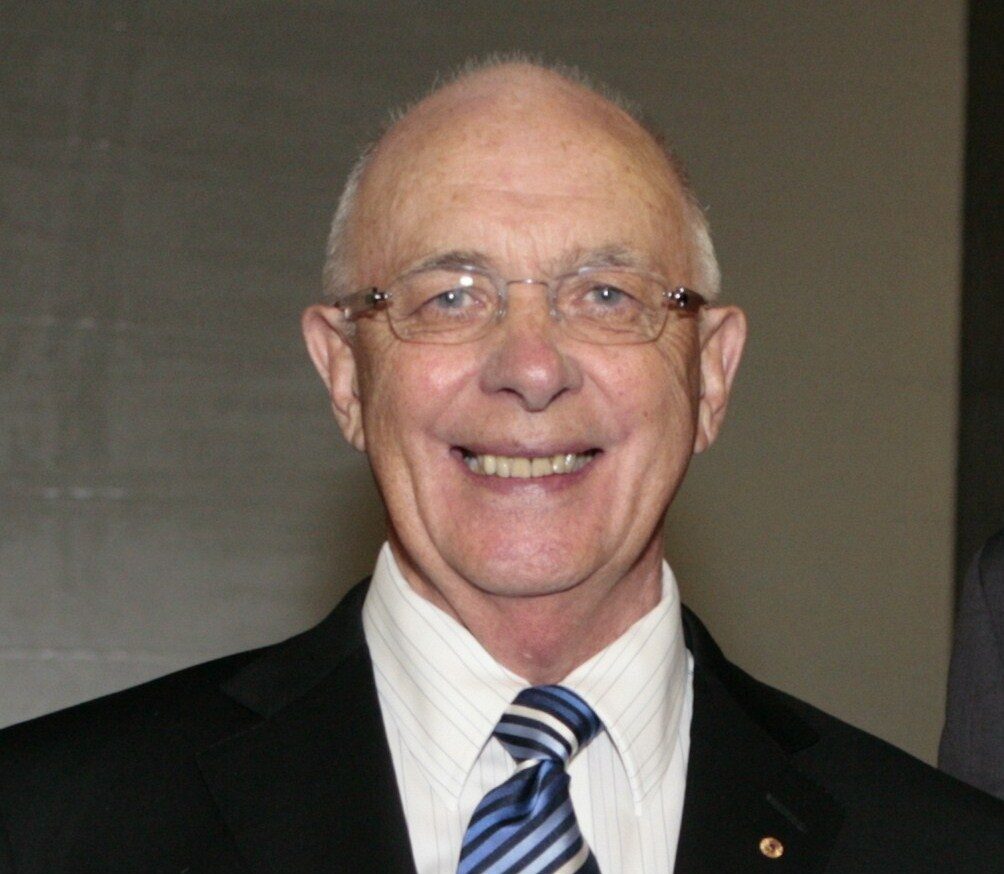
Professor Cres Eastman AO, a pioneering Australian endocrinologist and globally recognised public health advocate, has died at the age of 85, leaving behind a lasting legacy of leadership at NSW Health Pathology.
Born on 30 March 1940 in Narrandera NSW, Professor Eastman devoted his life to the eradication of iodine deficiency disorders (IDD), profoundly transforming global health outcomes and earning the fitting title “the man who saved a million brains.”
A distinguished graduate of the University of Sydney, where he earned his MBBS in 1965 and MD in 1980, Professor Eastman commenced his medical career that same year. He was admitted as a Fellow of the Royal Australasian College of Physicians in 1974 and held numerous influential academic and clinical positions throughout his career.

Notably, he served as Director of the Institute of Clinical Pathology and Medical Research (ICPMR) at Westmead Hospital from 1989 to 2006.
Following this, he continued his vital work as Clinical Professor of Medicine at the University of Sydney and as Consultant Emeritus at Westmead Hospital until his passing.
In the 1980s, Professor Eastman identified widespread iodine deficiency in China and Tibet, where the disorder caused severe developmental impairments in children. His tireless advocacy and groundbreaking research were instrumental in the implementation of national iodization programs, which dramatically reduced the incidence of cretinism and goitre in these regions.
His efforts extended to Southeast Asia, the Pacific Islands, and Indigenous Australian communities, where he emphasised the critical importance of iodine in prenatal and early childhood health.

In 1997, he was appointed Director and Chief Government Analyst of the Division of Analytical Laboratories (DAL) in Lidcombe. Under his leadership, the DAL provided critical public health analytical and forensic medical services to the entire state of NSW.
Throughout his distinguished career, Professor Eastman received numerous honours, including the Officer of the Order of Australia in 2018 for distinguished service to medicine, particularly to the discipline of pathology.
He received the Premier’s Gold Service Award in 2002 and was a finalist for Senior Australian of the Year in 2003. His most recent award was the 2023 Iodine Global Network (IGN) Dr Basil Hetzel Award, in recognition of his advocacy in current iodine nutrition in Australia whereby mandatory iodized salt in bread ensures adequate intake for the general population while supplementation is recommended for pregnant women due to increased requirements.
Professor Eastman’s enduring legacy lives on in the millions of children worldwide who have been spared the devastating effects of iodine deficiency due to his work.
His dedication to public health and medical research has been firmly embedded within the Institute for Clinical Pathology and Medical Research—an institution he led for 17 years. Today, NSW Health Pathology continues to uphold the principles and commitments that Professor Eastman championed, serving communities across the state.
Professor Eastman died on Saturday 17 May 2025 peacefully at home. He is survived by his family and a generation of colleagues who carry forward his unwavering commitment to global health. His profound contributions to endocrinology and public health have left an indelible mark on medicine and humanity, inspiring ongoing efforts to improve lives worldwide.

